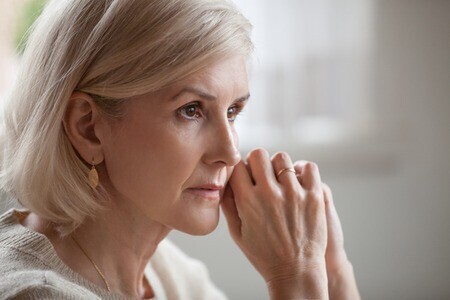From guest Blogger Jane Bissell
Being told you have breast cancer is devastating.
Telling someone else can be traumatic too.
When we're given a diagnosis by a medical professional, we may have someone with us, or we might not. At the time we're told, the reality of a diagnosis is in the room with us, the doctor, and maybe our partner or a friend. That's it.
Then we are faced with 'the telling'. Who do we tell, and how and when?
To begin answering that question, there's one thing to remember.
It is up to you.
If someone else was with us when we were told of our diagnosis, ask them to respect that.
We all react in different ways. When I was diagnosed, I had my best friend with me, someone I'd known since childhood, and neither of us were expecting such news, not really, although there was a thread of anxiety that something was about to happen and it might not be good.
Afterwards, we got back to her place, had a shot of whiskey, and she said, 'Would you like me to call anyone for you?' and I said, 'Could you call Mum?' She did, handed me the phone, and when I heard Mum's voice, I couldn't talk, so my friend told her for me. I was able to assure Mum that I was OK and I would see her later that day.
Then my friend asked me if there was anyone else, and I said yes, I wanted to talk to a friend of mine who had experienced breast cancer. The call was made, and within an hour or so, we were both at this friend's house where she greeted me on the front porch of her house with the words, 'Welcome to the Amazon Club', and of course that became the title of my book where I wrote about my first year with breast cancer, from diagnosis to first 'all clear'.
Both of my friends were kind, allowed me to feel and do whatever I needed to do, even though they were sharing the shock right along with me. My friend who'd had breast cancer gave me factual, practical advice and information based upon what she'd been through, and when we left her house, I had the feeling that I could, maybe, just might, be able to get through this.
Over the coming days, my right to tell whoever I wanted to tell, at a timing that worked for me, was respected, and that was important. It allowed me to pace myself, to begin settling into the reality that this was indeed happening to me, without feeling overwhelmed by people who, quite naturally and kindly, wanted to know if I was OK, what was going to happen, could they do anything - all of which I appreciated more than I can say, and was given in a way that I could manage and be sincerely grateful for.
So here are some tips that may help:
1. Take time, as much as you need, to begin coping with the emotional hit, so you can feel settled enough to tell someone else.
2. If you're not sure how to go about telling, talk to your Breast Nurse - they may have some very useful tips and resources to support you.
3. Choose a time and place that works for you.
4. We're often hard-wired to protect others but try to be honest, tell it like it is for you. The breast cancer pathway is a tough one, and disguising the reality under 'I'm fine' can take more energy than just being honest.
Remember that Breast Cancer Support Aotearoa can provide you with a BCS Buddy, a trained peer support volunteer who can be there for you from Day One. It can be really helpful to have someone walking alongside you who isn't a family member, or friend.
Jane Bissell is an Auckland-based writer and author of 'Welcome to the Amazon Club', a memoir of her first year with breast cancer.





